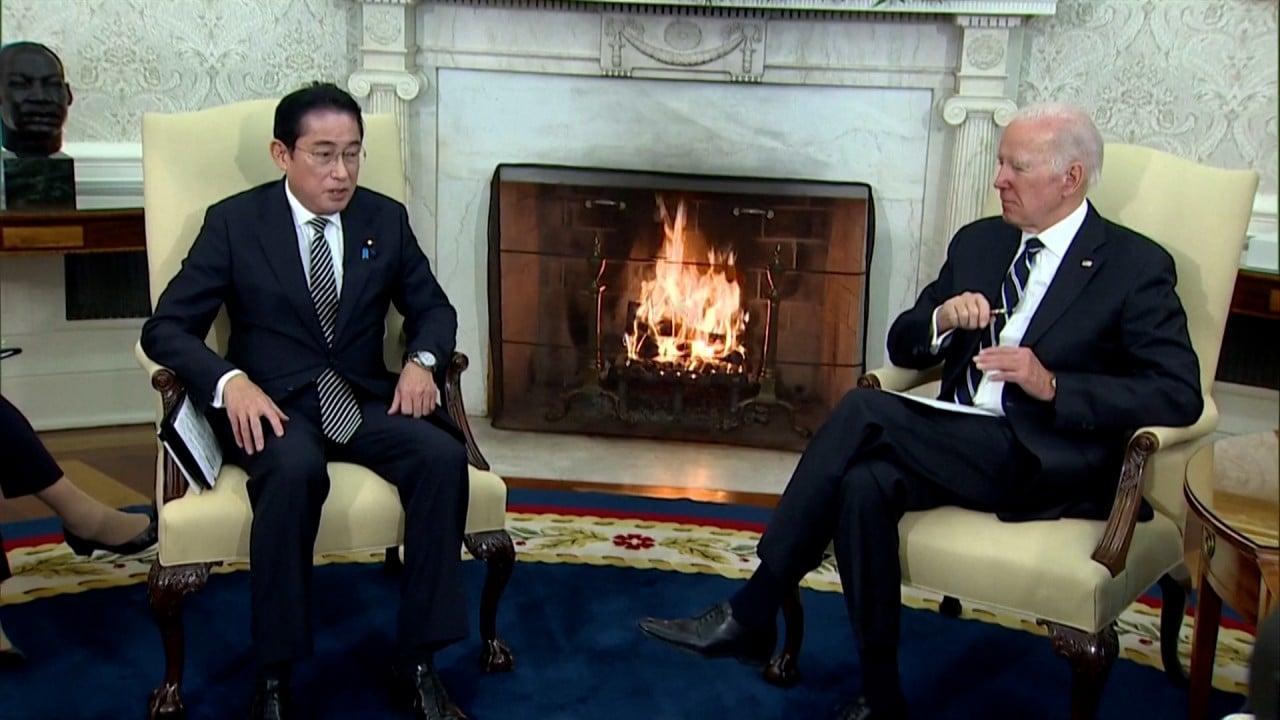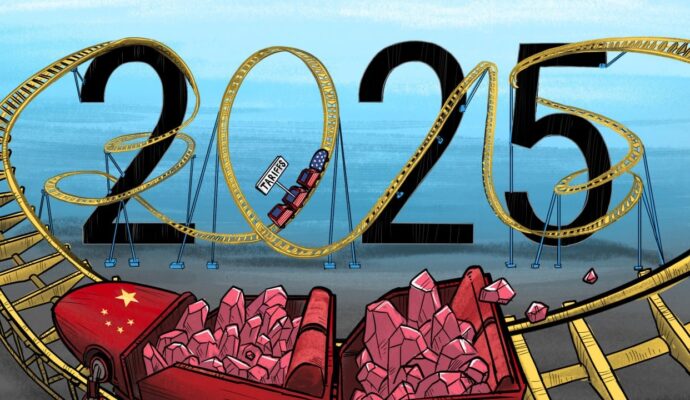
Tokyo’s decision to pursue a sixth-generation fighter in conjunction with Britain and Italy, coupled with Kishida’s desire to open a liaison office with Nato, suggests Japan is concerned about conflict spilling over across regions.
Raymond Kuo, a specialist on East Asian security at the Rand Corporation, a US think tank, said the complex security situation in Asia had prompted Japan to be more assertive and increasingly aligned with the US.
“Specifically on China, Beijing’s ongoing military modernisation, economic disagreements, and contestation of Japanese control of disputed territory all contribute to a desire for closer security ties with other countries and especially the United States,” said Kuo, adding that threats from North Korea and Russia’s ongoing war against Ukraine were also factors in Tokyo’s thinking.
“Japan is particularly concerned about Chinese intentions towards Taiwan. If Beijing captures the main island, it would control the main maritime passage to Japan and South Korea. This would potentially threaten a substantial portion of Japan’s sea-based trade, supply chains, and commodity and energy imports,” Kuo said.
Masatoshi Murakami, an associate professor from Kogakkan University in Japan, said one “crucial concept” in the revised National Security Strategy was that of “like-minded” countries.
“The National Defence Strategy, a subordinate document of the NSS, expressly named the list of like-minded countries. Australia, India, the UK, France, Germany, Italy, Canada, New Zealand and others,” Murakami said.
“Kishida in January visited countries on this list as a part of the diplomatic tour. Japan returned to the international geopolitics stage after the Russian invasion of Ukraine.
Mainland China and Taiwan split in 1949 at the end of the civil war when the Kuomintang were defeated by the Communists and fled to Taipei. Beijing sees the island as part of China and has never ruled out the use of force to take control of it.
Kuo said Japan’s actions would create uncertainty in the Asia-Pacific region, but much depended on how Tokyo reassured its neighbours.
“There’s already been some regional concern that Japan is abandoning its post-World War II defensive policy and orientation. The counterstrike capabilities in particular could be used in an offensive role.
“A lot depends on how Tokyo reassures neighbours of its intentions,” said Kuo, adding that it was a good opportunity for the US or a group like the Association of Southeast Asian Nations to take up leadership and foster more robust dialogue channels on regional security.
In the first conversation with his Japanese counterpart, Yoshimasa Hayashi, China’s new foreign minister, Qin Gang, urged the Japanese government to “steer clear of disruptions, and work together to recalibrate the course of the China-Japan relationship to build one that answers the call of the new era”.
Beijing also urged Tokyo to be cautious regarding Taiwan, as Japan and Western countries have strengthened security ties amid growing tensions across the strait.
The US, China’s major geopolitical rival, is boosting its military presence across Asia, with more troops and assets to be deployed to counter Beijing.
Last week, when US Defence Secretary Lloyd Austin visited the Philippines, it was announced that the US would be given access to four more bases in the country, adding to the five the Americans can use to train troops and position equipment.

